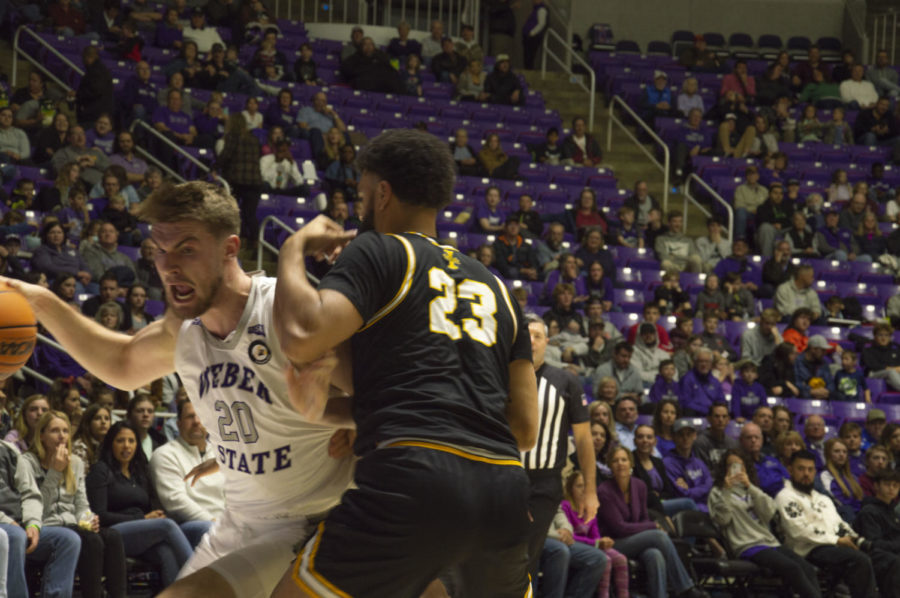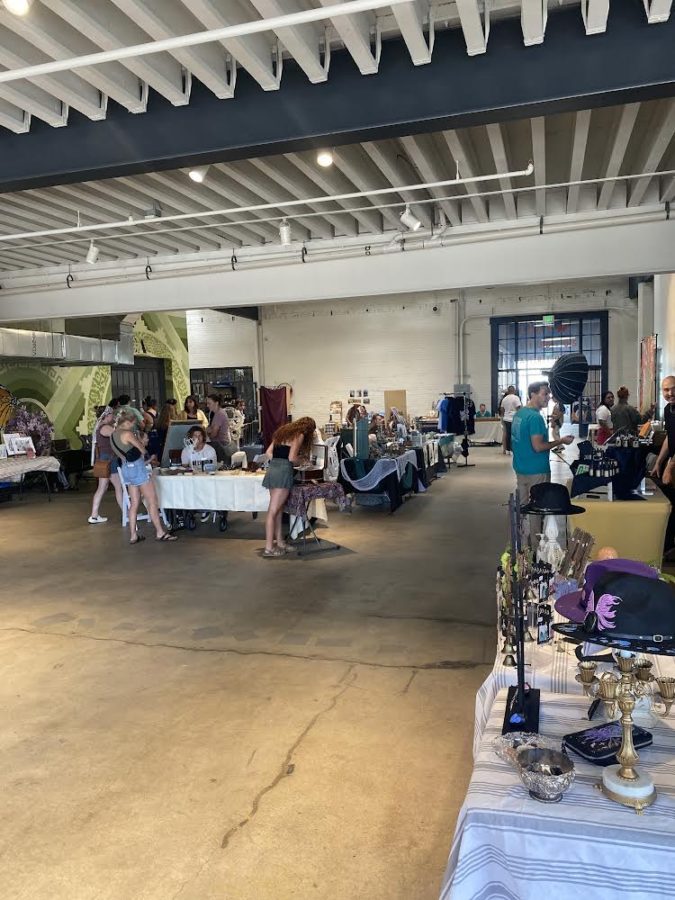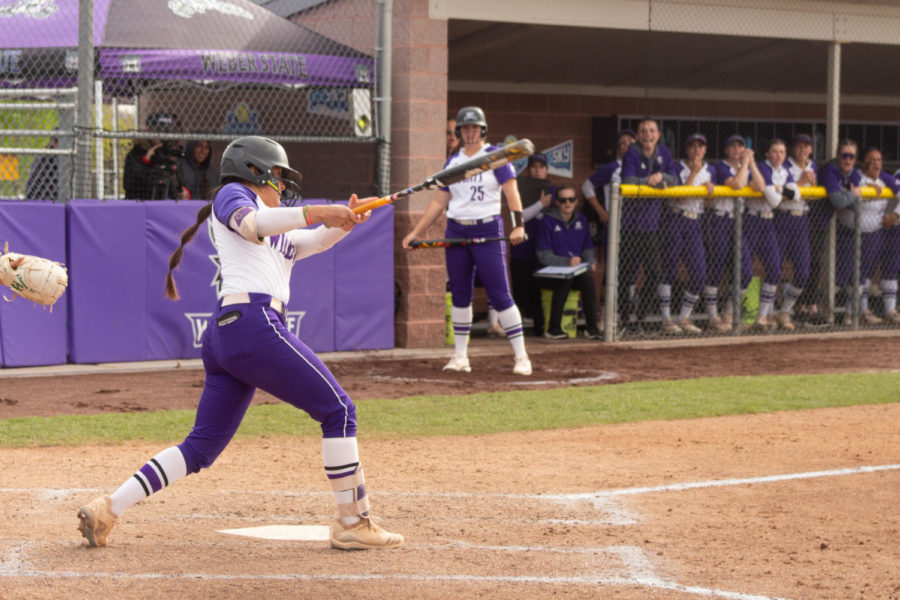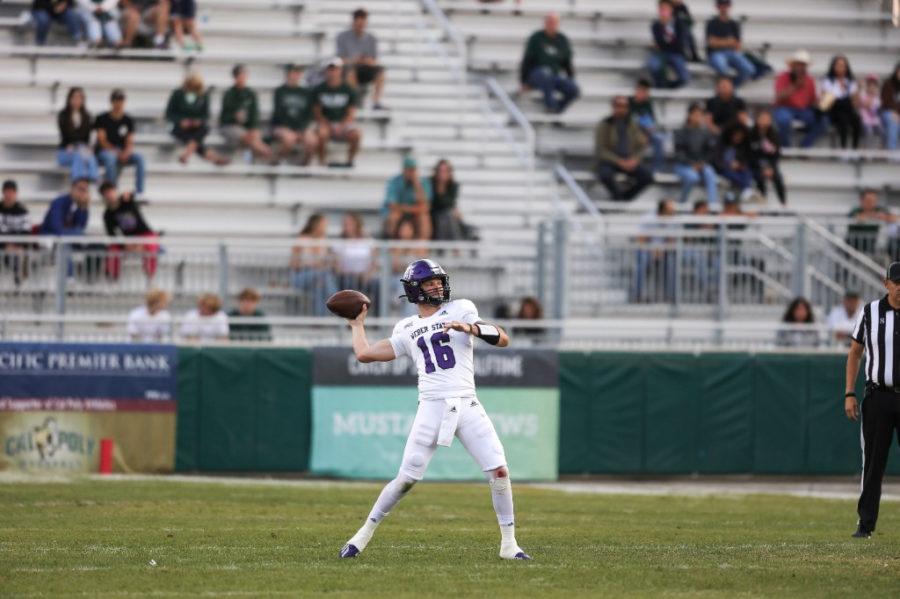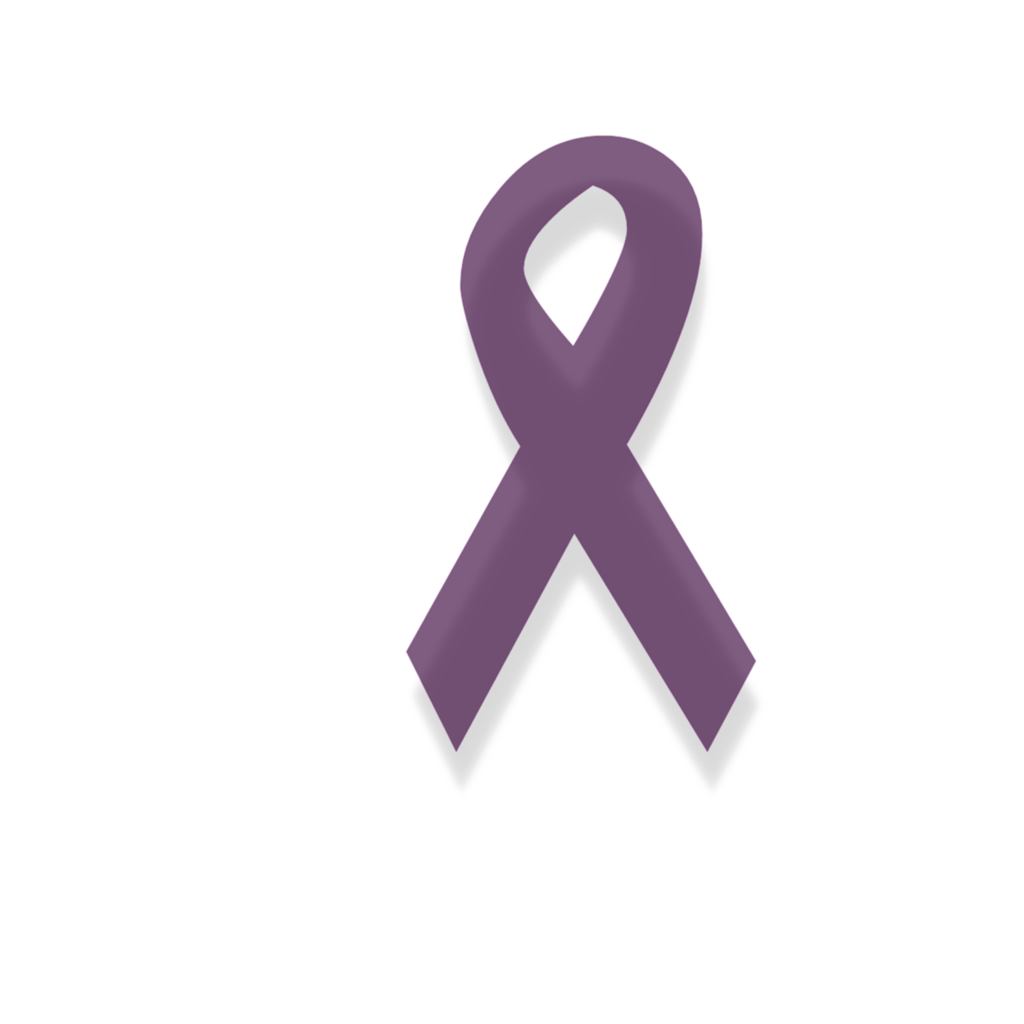
Weber State University’s Women’s Center held a presentation for faculty and staff about supporting survivors of sexual misconduct on Oct. 22 via Zoom.
Sexual misconduct is not just sexual assault or harassment — it also includes domestic violence and stalking, both electronically and physically.
According to Weber State’s Safe@Weber program, the first person survivors tell about their experience has a large impact on their healing process and how they tell their story in the future.
Often, the first people survivors turn to are close friends.
Research shows that 9.7 percent of Utahns have been sexually violated and 88 percent of Utah survivors do not report their experiences to law enforcement. In addition, 40 percent of homicides are related to domestic violence.
Statistically, rape and domestic violence in Utah is at a higher rate than the national average.
One of the topics covered was the ABCDE’s of supporting survivors, which are affirm, believe, connect, direct and empower.
This entails letting the survivor know they are not alone, directing them to helpful resources, empowering them and supporting the choices they make.
The presentation gave multiple scenarios in which participants were able to incorporate the ABCDE method when helping a student or colleague through situations of sexual misconduct.
One scenario detailed a student who suddenly stopped attending class. When the professor emailed the student to check in, the student opened up about another student in the class who assaulted them, making them afraid of attending class.
“I hope that people leave the training feeling confident that they can support survivors in an empathetic, informative way and by meeting each survivor where they are at,” said Jessica Pleyel, Safe@Weber survivor advocate.
When survivors share their stories, one should not act without consent or violate the survivor’s privacy. However, one must report what they know.
According to End Rape on Campus, a survivor advocacy organization, the top three reasons survivors do not report are thinking it is “not that serious,” thinking people will assume the survivor is partly at fault and fearing retaliation.
WSU prohibits discrimination and harassment, as stated in the University Policy and Procedures Manual (PPM). This means one cannot discriminate against someone based on race, ethnicity, gender identity, military status, etc., without facing repercussions.
Additionally, under the Jeanne Clery Act of 1990, universities must report on-campus crime instances and make them available in an annual security report.
The WSU Women’s Center supports survivors by helping them report their situation, providing support services, helping them set up a safety plan and empowering them to do what is best for them.


